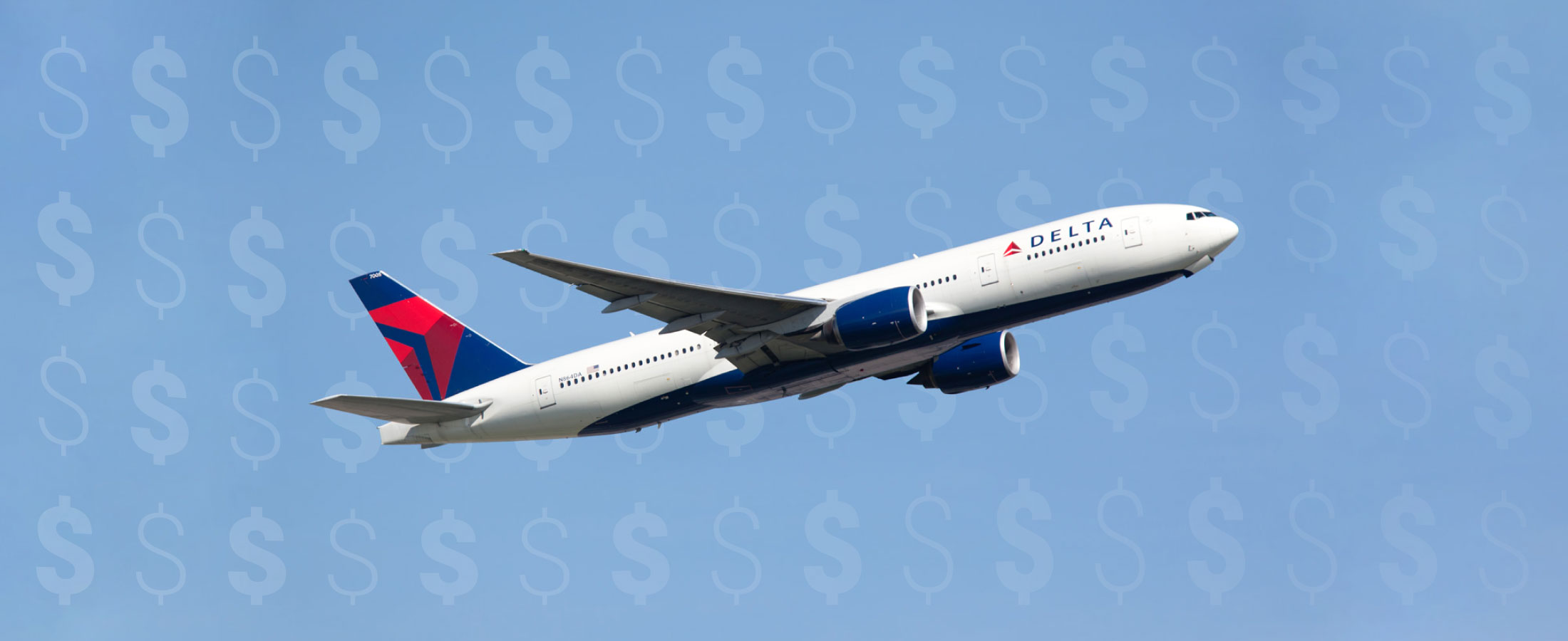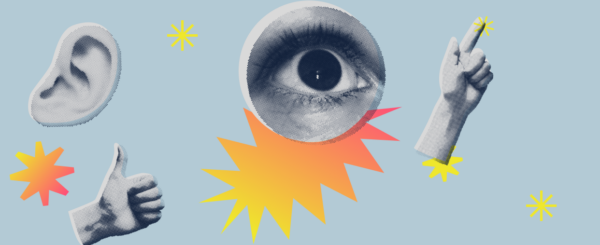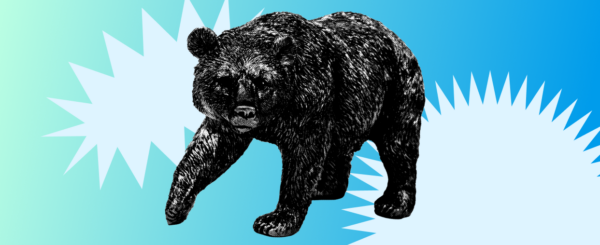Jan 27, 2020
Delta’s Bonuses Reach Cruising Altitude
After a strong 2019 performance, Delta is giving out $1.6 billion in bonuses.

Delta Air Lines employees have something to look forward to in February—bonuses worth two months of pay.
While Delta has given out more than $1 billion in bonuses for the last six years, this year’s payout of $1.6 billion is a record for the airline. Delta’s previous profit-sharing record was set in 2016, when Delta paid $1.5 billion in bonuses. All 90,000 Delta employees, except for officers, directors, and general managers, will receive the equivalent of about 17% of their annual salaries on February 14—Valentine’s Day.
Why is Delta giving out these bonuses?
Delta’s profit-sharing bonuses follow a strong year, with $4.8 billion in profits in 2019, a 21% increase compared to 2018. The airline also finished the year with $1.1 billion of profit in the fourth quarter, an 8% increase compared to the fourth quarter of 2018.
Delta’s total revenue has increased every year since 2016, according to reports. In 2019, the airline hit $47 billion in revenue, making for Delta’s best year ever, according to CEO Ed Bastian. The total number of passengers flying the airline also increased by 6% to 204 million in 2019, compared to 2018.
Unlike many of its competitors, Delta’s fleet doesn’t include Boeing 737 MAX airplanes, which may have boosted its performance. The 737 MAX has been grounded indefinitely around the world following two crashes, related to system errors, that killed more than 300 people in 2018 and 2019. Other airlines such as American, United, and Southwest have had to ground their 737 Max planes.
Positive ratings might also be a factor in Delta’s increased revenue. For the third year in a row, Delta was named the best airline in the United States, according to the Wall Street Journal’s annual ranking. The airline’s on-time arrival increased by .5% to 83.4% in 2019.
Profit-Sharing in the Airline Industry
Profit-sharing bonuses are meant as an incentive for workers to reward employees for performance. When a company participates in profit-sharing, a percentage of the company’s profits is divided among all employees evenly, usually as a percentage of total salary.
(Another type of incentive is called a performance bonus, which companies can give to individuals for achieving specific goals throughout the year.)
Roughly 14% of employers pay out profit-sharing bonuses, according to reports. Profit-sharing bonuses usually range between 4.7% and 12.9% of an employee’s salary.
Delta has been giving out profit-sharing bonuses since the airline merged with Northwest Airlines in 2012, according to CNN.
Delta isn’t the only airline that paid its employees profit-sharing bonuses. In 2019, Southwest Airlines paid a total of $544 million in bonuses while American Airlines paid out $175 million and United paid out $491 million, according to the Washington Post.
Investing in Airlines
Airline companies such as Delta and Southwest are part of the transportation sector. Stash offers single stocks of a number of airlines and ETFs that include airlines.
When you invest, remember to follow the Stash Way, which includes regular investing, diversification, and planning for the long term. And if you haven’t started investing yet, you can start now.











